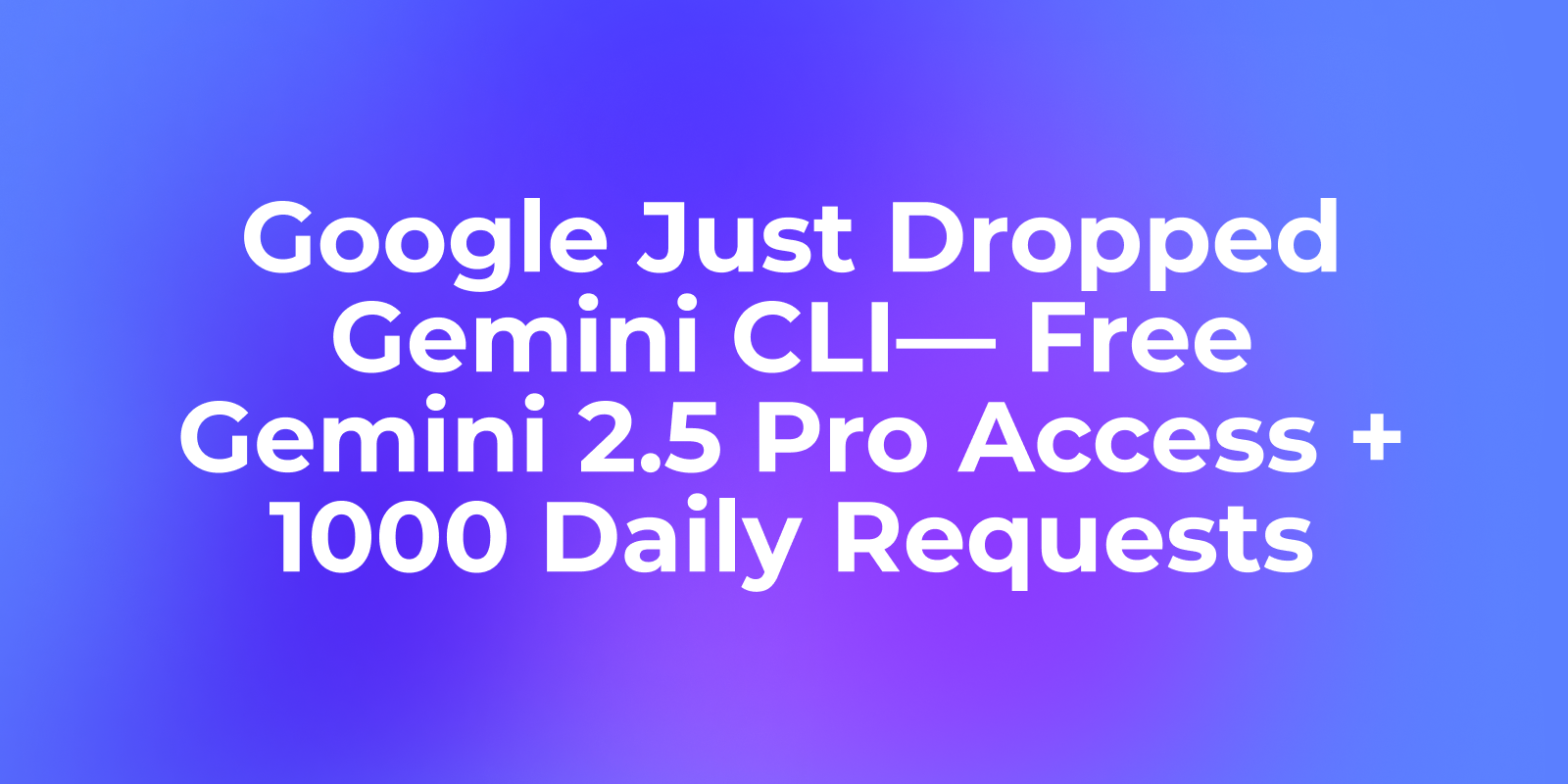In today's digital landscape, APIs (Application Programming Interfaces) are the backbone of many applications, seamlessly connecting services and powering user experiences. Just like living organisms, APIs require constant monitoring and checks to ensure optimal performance and functionality. This is where API health checks come in as a proactive approach to safeguarding the health of your APIs and preventing disruptions.
If you still lack one, try Apidog, an all-in-one API development tool that allows you to build, mock, document, and test APIs all within a single application.
If you wish to become a more efficient API developer, wait no longer - download Apidog by clicking on the button below now! 👇 👇 👇

What are API Health Checks?
API health checks are a series of automated tests that are specifically for assessing an API's health and performance regularly. API health checks revolve around a few aspects of APIs, which will be mentioned in the next section below. It is quite similar to validation testing, however, API health checks are done after your API has been deployed.
API Aspects that API Health Checks Cover
Availability and Connectivity:
- Is the API Up and Running? This is the most basic check. Health checks ensure the API is accessible to users and can process requests.
- Can the API Reach External Dependencies? Often, APIs rely on other services like databases or external servers. Health checks verify connectivity to these dependencies to identify any potential issues that might hinder functionality.
Functionality and Business Logic:
- Are Core API Functions Working Correctly? Health checks can trigger test cases that simulate real user requests and confirm the API is processing them accurately, delivering the expected results.
- Data Integrity: In some cases, health checks might involve verifying data consistency within the API to ensure data hasn't been corrupted.
Performance and Resource Utilization:
- Response Times: Health checks measure how long it takes for the API to respond to requests. Slow response times can indicate performance issues that need addressing.
- Resource Consumption: Health checks monitor resource usage like CPU and memory. This helps identify potential bottlenecks or situations where the API might be overloaded, leading to performance degradation.
Additional Considerations:
- Security: While not the primary focus of health checks, some advanced checks might involve basic security scans to identify potential vulnerabilities.
- Customization: The specific checks performed can be customized based on the unique needs of your API. For instance, an e-commerce API might prioritize monitoring inventory data integrity, while a social media API might focus on performance during peak usage times.
When to Perform API Health Checks

- Scheduled Monitoring: Ideally, API health checks should be automated and run at regular intervals (e.g., every minute, hour, or day) depending on the criticality of the API. This proactive approach ensures continuous monitoring and early detection of any anomalies.
- Deployment and Updates: Before deploying a new version of your API or making any significant changes to its codebase, it's crucial to run health checks. This helps identify any regressions or unintended consequences of the changes, preventing issues from reaching production.
- Performance Fluctuations: If you notice a sudden drop in API performance, such as increased response times or error rates, health checks can provide valuable insights into the root cause. By analyzing the health check reports, you can pinpoint bottlenecks or identify overloaded resources that need attention.
- Scalability Planning: API health checks can be a valuable tool during scalability planning. By monitoring resource utilization, you can anticipate potential issues when handling increased user traffic and proactively scale your infrastructure to meet demand.
- Integration Testing: When integrating your API with third-party applications, health checks can verify the stability of the connection and identify any compatibility issues before deployment.
Potential Consequences of Skipping API Health Checks
1. Unforeseen Outages and Downtime:
- Unidentified Issues: Without health checks, critical issues like performance bottlenecks or failing dependencies might go unnoticed until they escalate into full-blown outages. This can lead to significant downtime, frustrating users and potentially impacting revenue.
- Reactive Approach: Without proactive monitoring, identifying the root cause of an outage becomes a reactive scramble. This can result in extended downtime as developers diagnose the problem from scratch.
2. Degraded User Experience:
- Slow Performance: Undetected performance issues can lead to slow response times and sluggish user interactions with your application. This can negatively impact user satisfaction and brand perception.
- Data Inconsistencies: Without checks on data integrity, users might encounter incorrect or outdated information within your application. This can lead to confusion and erode trust in your services.
3. Operational Challenges:
- Delayed Debugging: When an issue surfaces without prior health check warnings, troubleshooting becomes a time-consuming process. Developers will have to sift through logs and data to identify the root cause, delaying resolution and impacting development workflows.
- Unforeseen Scalability Issues: Without monitoring resource utilization, you might be caught off guard by unexpected traffic spikes. This can lead to API overload and performance degradation, potentially impacting critical business operations.
4. Security Risks:
- Exploited Vulnerabilities: While not the primary focus, basic security checks within health checks can help identify potential vulnerabilities before they are exploited by attackers. Skipping health checks can leave your APIs exposed to security breaches.
5. Missed Optimization Opportunities:
- Hidden Bottlenecks: Undetected performance bottlenecks can hinder your API's overall efficiency. Health checks can help identify these bottlenecks, allowing for optimizations and improved scalability for the future.
Apidog - Automate API Testing for Efficient API Health Checks
With the proper API tools equipped, you can automate API health checks, allowing you to focus your attention on more urgent matters. Therefore, you can consider opting for Apidog, a comprehensive API tool that allows you to create test scenarios, a special feature from Apidog that allows you to create multiple-step test cases for you to check your API.


Singly Testing API Endpoints Using Apidog
If you want to do a quick check-up on just one of your APIs with Apidog, you can follow these steps below!
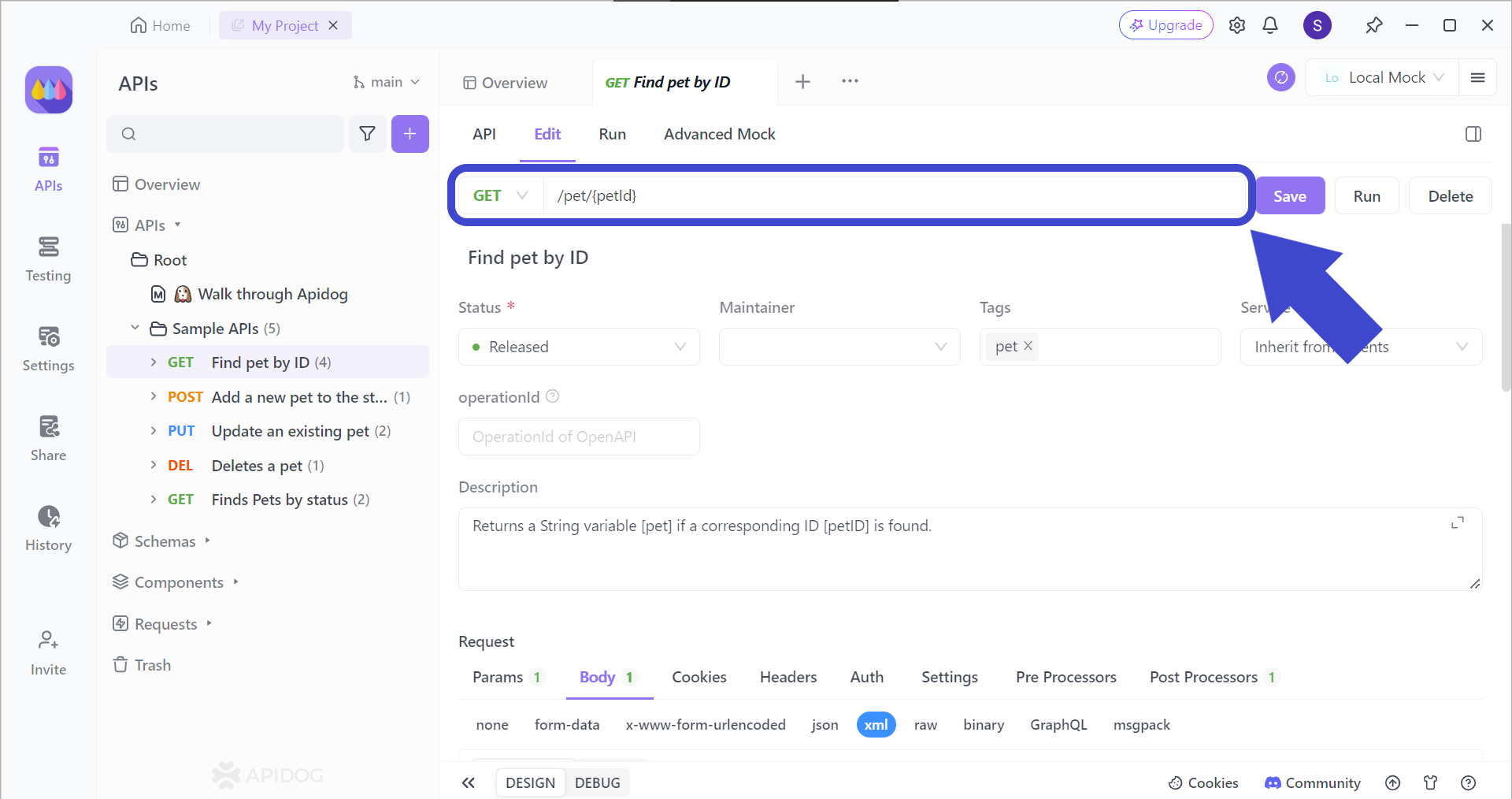
To target the correct API endpoint, you first have to insert the corresponding API endpoint that you want to test. Once you have included the intended API URL, include the parameters that you want to use for the endpoint (if relevant).
In case you are unfamiliar with passing multiple parameters in an API URL, check out this article to find out how you can specifically target a resource inside a rich collection of data!

Creating a Testing Scenario for Your API Using Apidog
If you need to simulate a real-world scenario, or just have multiple conditions that you want to test your API through, you can try use Apidog's testing scenario feature.
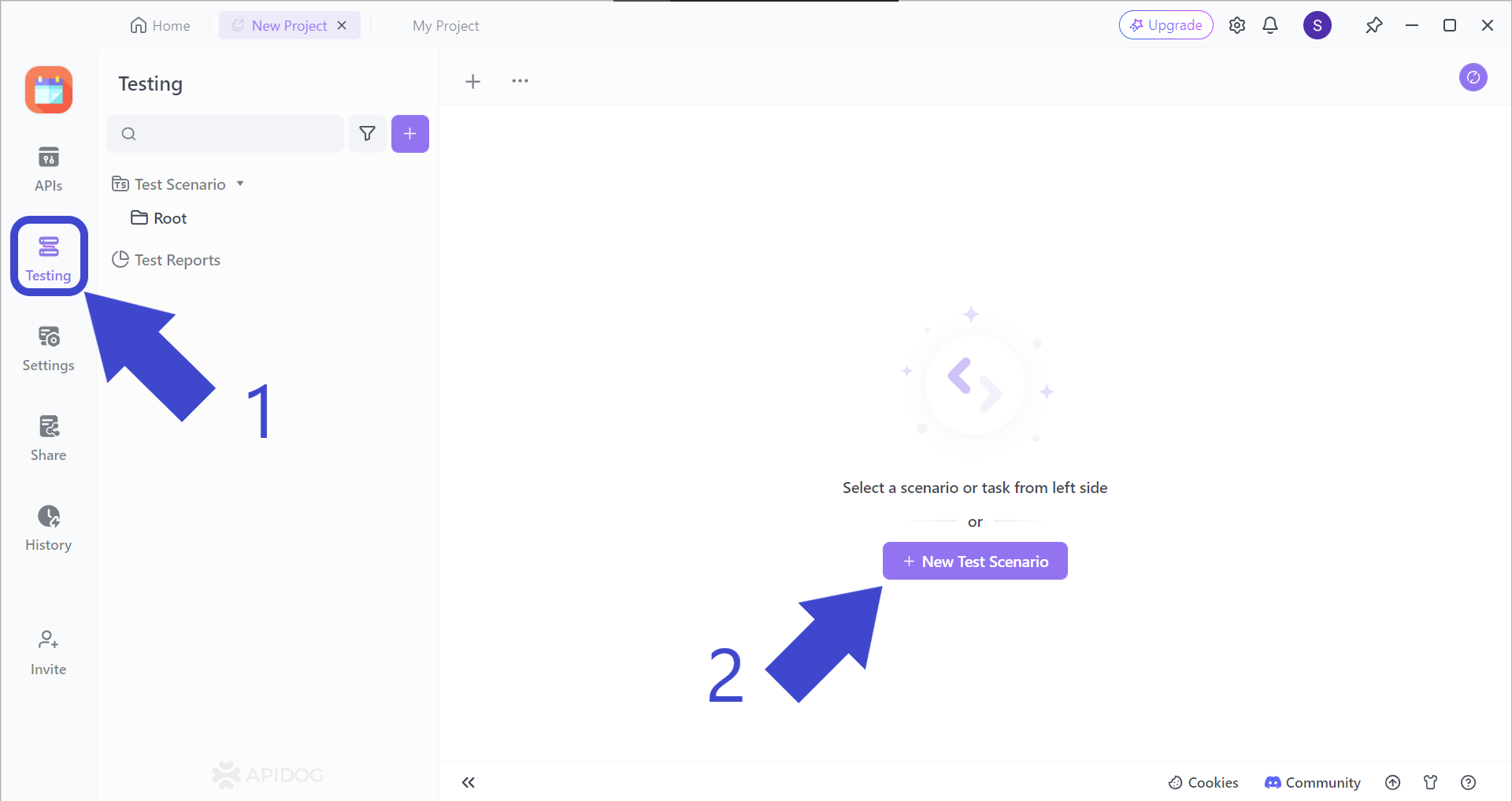
Firstly, hit the Testing button, followed by the + New Test Scenario button.
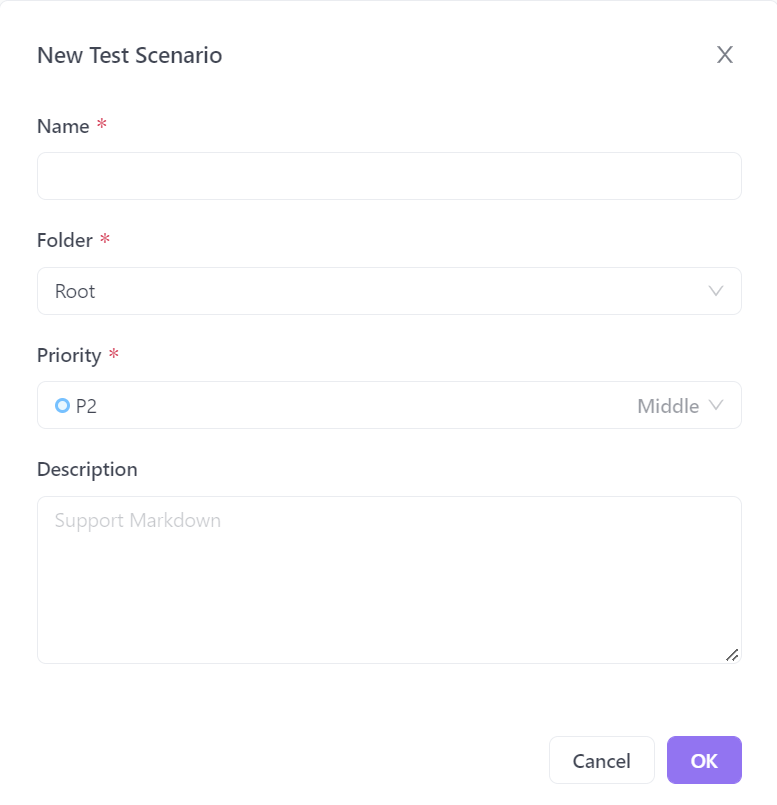
Apidog will prompt you to fill in the details for your new test scenario. Make sure to give it a proper name so its function is predictable.
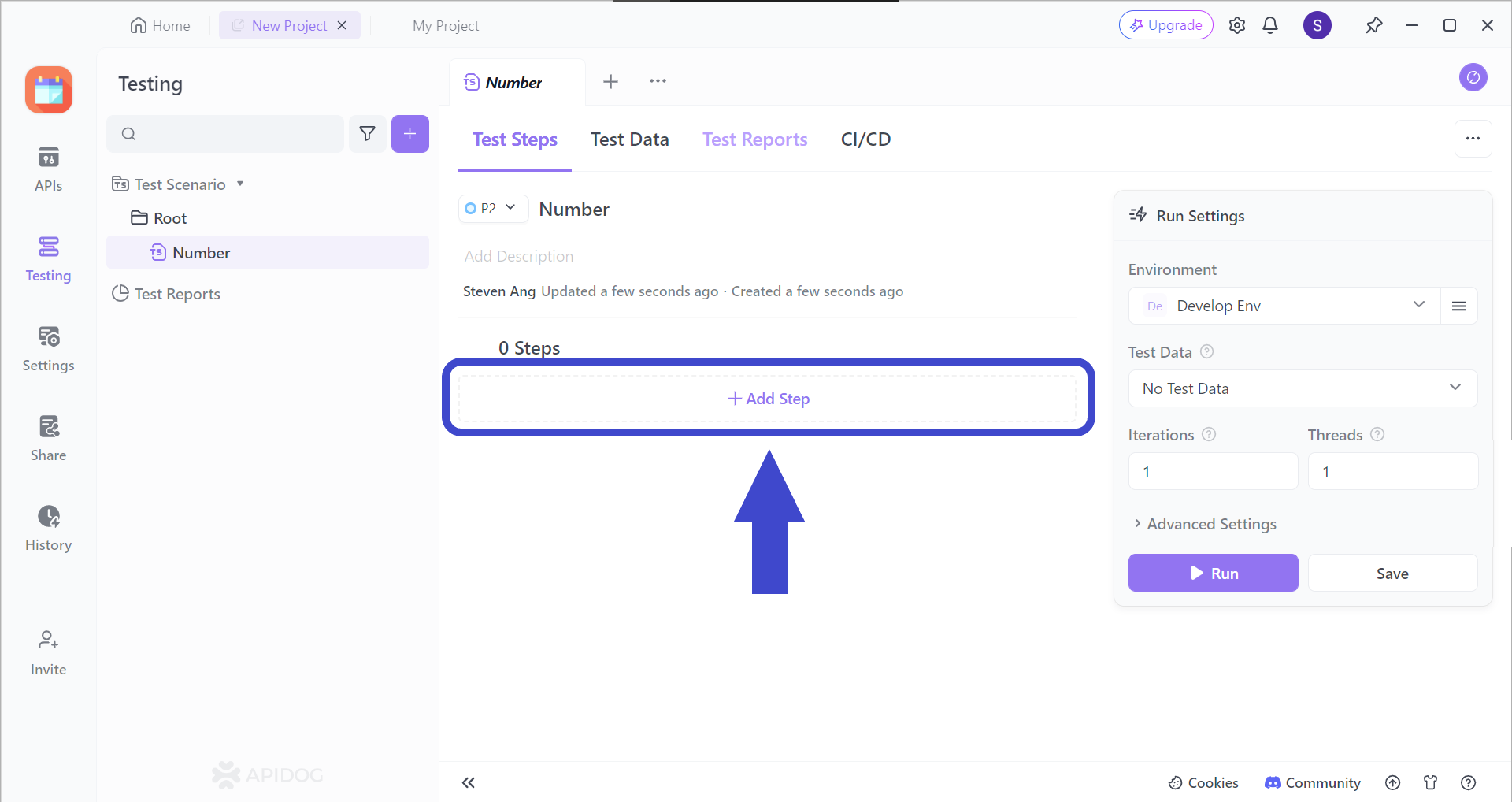
Continue by adding a step (or many more steps) to your test scenarios by clicking on the Add Step section. You should be able to see the image below.
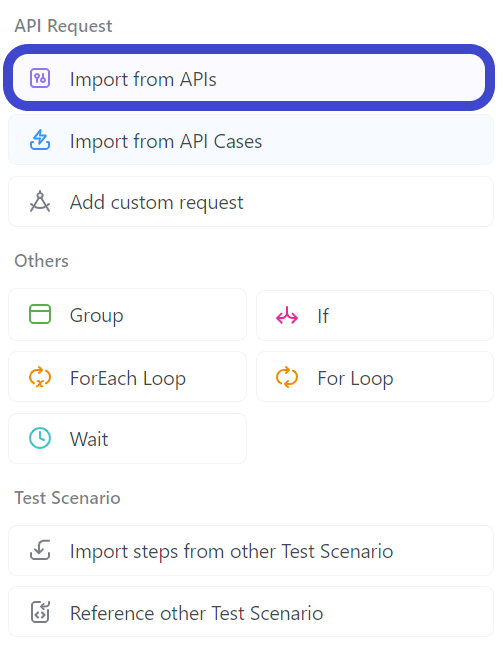
Select "Import from API" from the drop-down menu.
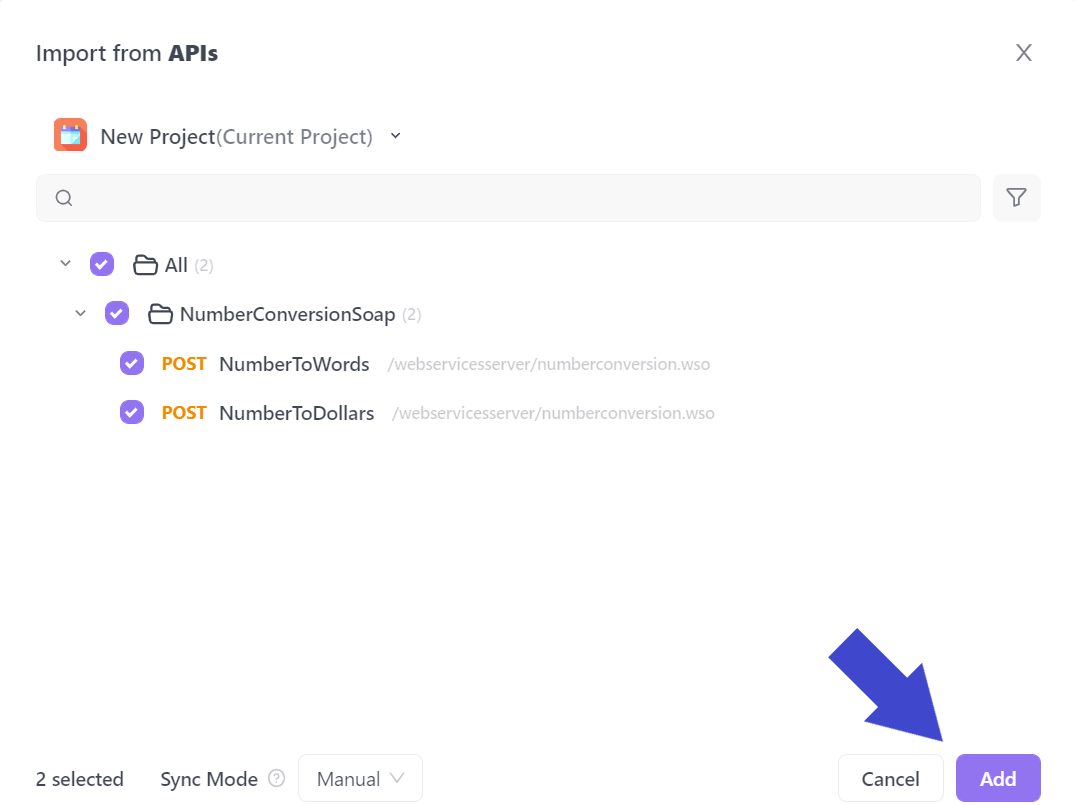
Next, select all the APIs you would like to include in your test scenario. In the example above, the API called NumberConversionSOAP has been included.
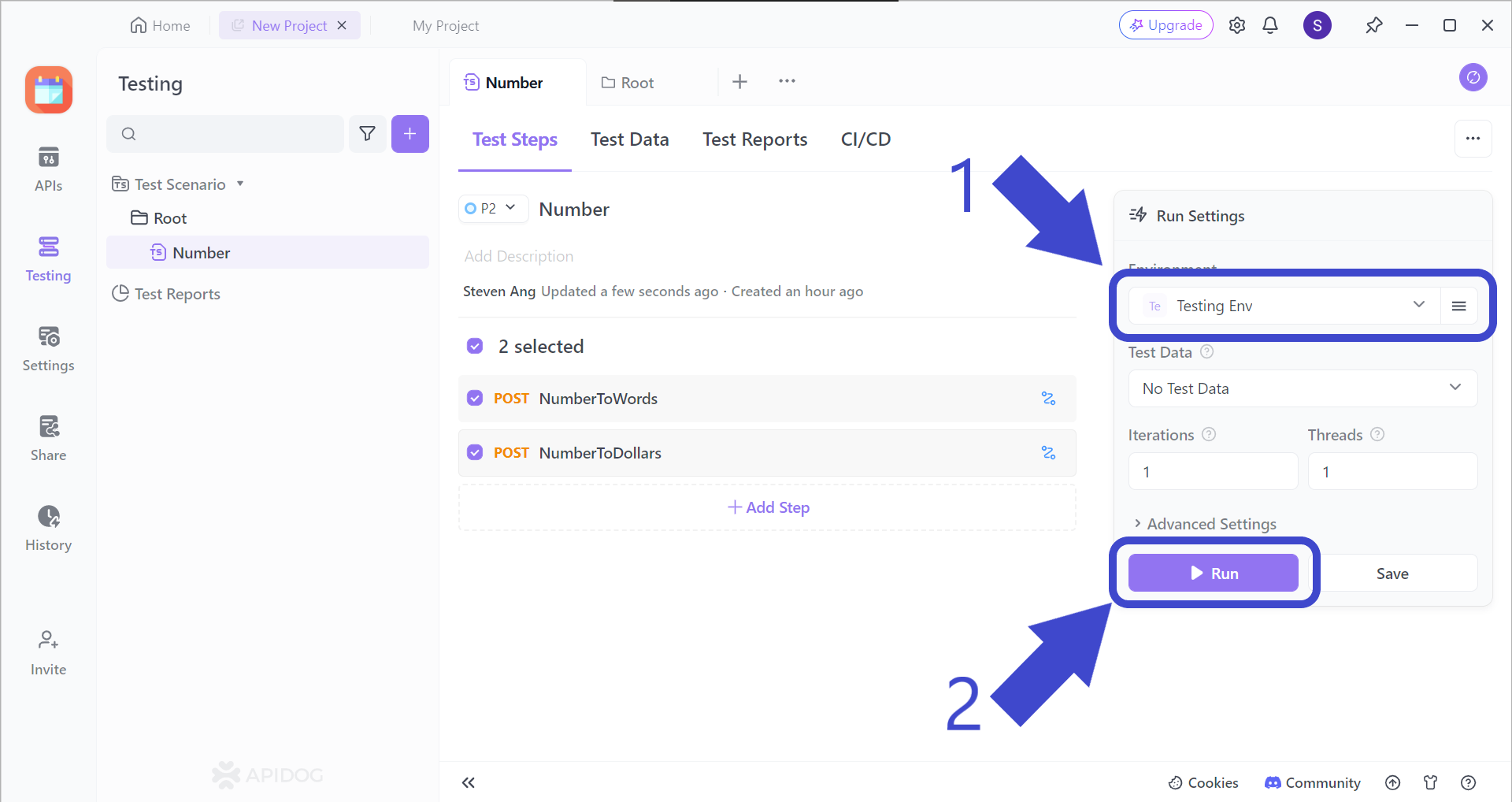
Before hitting the Run button to start your test scenario, make sure to change the test scenario environment, which should be Testing Env, as pointed out by Arrow 1.
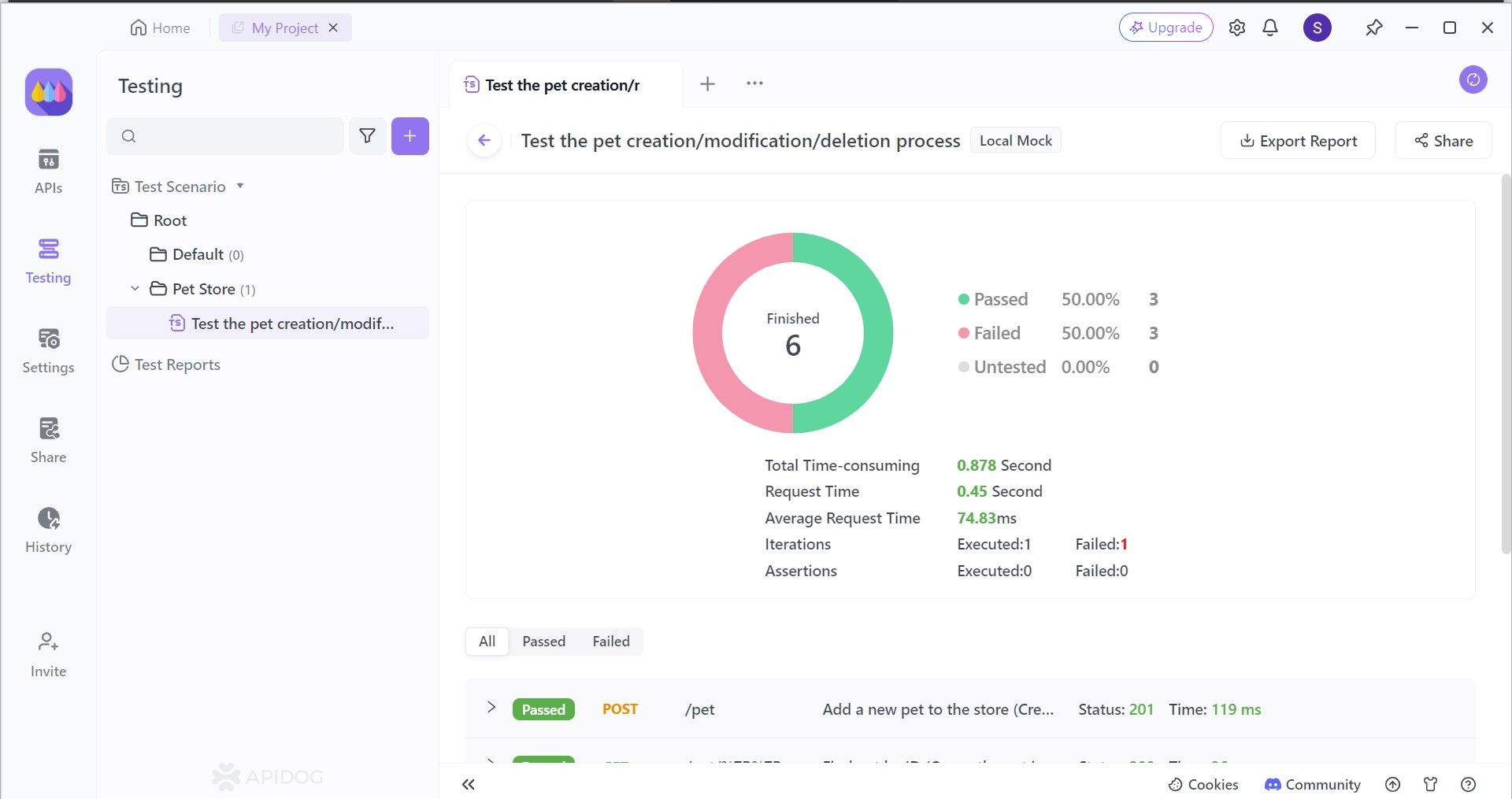
With these summarized statistics regarding the testing scenario's result, you can gain rich knowledge about what your API excels and lacks in, and therefore proceed to modify the API.
Conclusion
In today's application landscape, APIs are the invisible threads stitching functionalities together. To ensure a seamless user experience and optimal performance, API health checks become a non-negotiable practice. Just like regular check-ups, health checks provide a proactive window into the well-being of your APIs.
By monitoring availability, functionality, performance, and resource utilization, you can identify and address issues before they snowball into outages or hinder user experience. Implementing a robust API health check strategy safeguards your APIs, fosters user trust, and empowers you to deliver applications that consistently meet expectations.
Ensure that you have an API tool like Apidog in handy. With a simple yet intuitive user interface, you can quickly understand and perform the necessary procedures regarding your API's development, regardless of which stage or functionality you are at.




